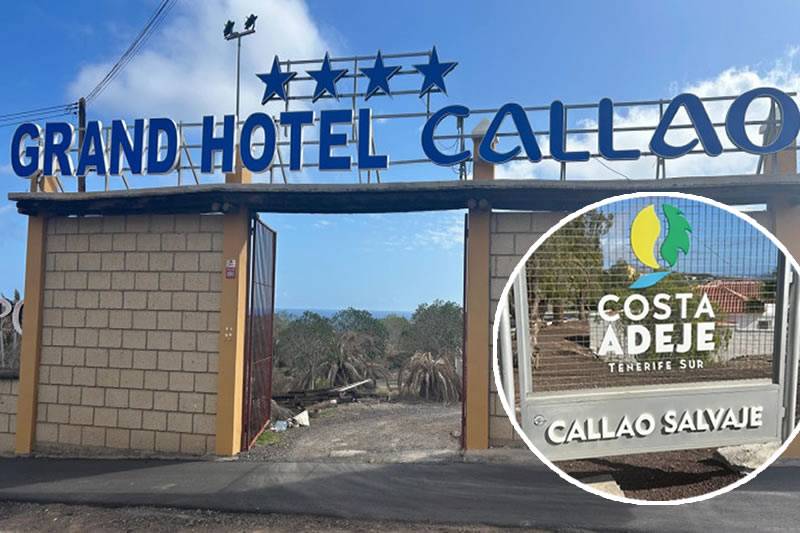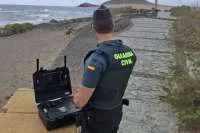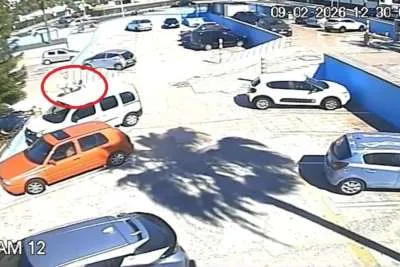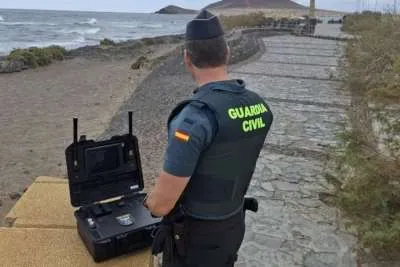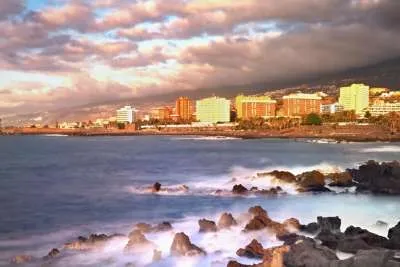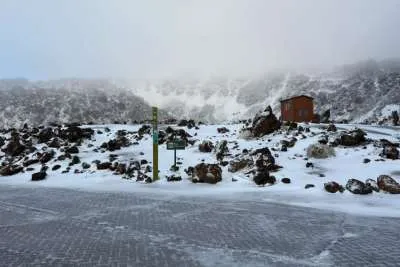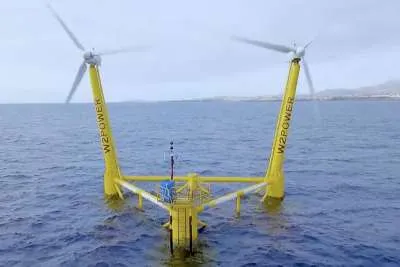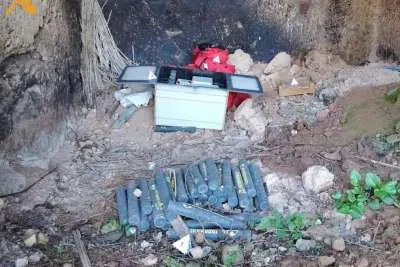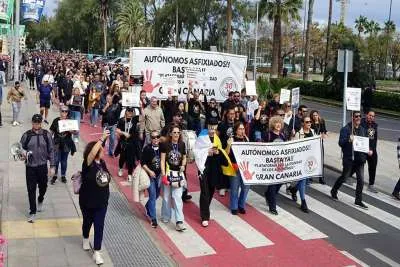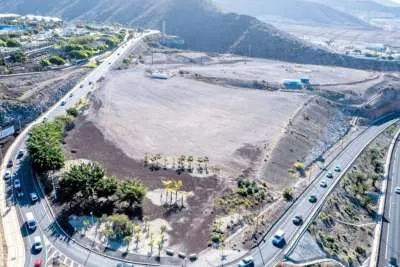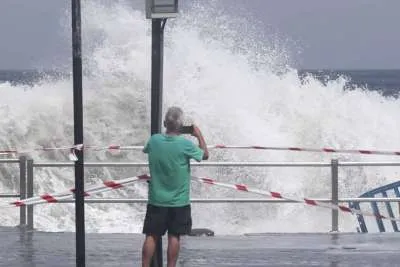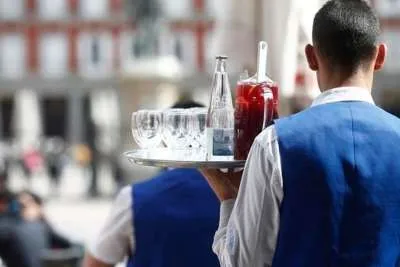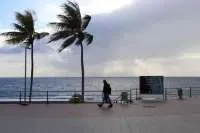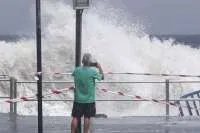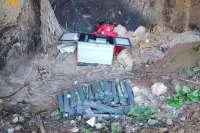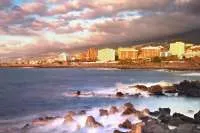CALLAO SPORT UPDATE: Eviction of Squatters Blocked; Owners Forced to Pay Bills
- 30-04-2025
- Tenerife
- Canarian Weekly
- Photo Credit: Cope Canarias
The ongoing saga surrounding one of Spain’s most high-profile cases of illegal occupation has taken a new legal twist, as the owners of the Callao Sport Hotel in the south of Tenerife suffer their first major judicial setback.
Despite submitting police reports and what they describe as overwhelming evidence, the court has rejected their request for precautionary measures that would have led to the immediate eviction of the squatters.
The hotel, located in Callao Salvaje in Costa Adeje, one of the Canary Islands’ most prosperous tourist areas, has been under illegal occupation since 17th February. That day, twelve people broke into the 92-room hotel, initially triggering alarms and prompting a police response. While two were arrested, the remaining ten remained, and the incident quickly escalated from a suspected burglary to full-blown squatting.
Since then, the situation has spiralled. All rooms in the hotel, originally designed to blend holiday leisure with sports activities, are now illegally occupied. Common areas, including the reception, gym, kitchens, and even spa massage cabins, have also been taken over. Neighbours, shocked by the events unfolding in what is typically a quiet residential zone, have raised concerns about noise and safety.
Local media picked up the story after a resident called into a COPE Canarias radio programme, sparking wider public interest. The case has since been covered by national broadcasters, further fuelling debate over the legal complexities surrounding property rights and squatting laws in Spain.
In the most recent development, the public prosecutor has recommended that the judge overseeing the case, based in the Court of Instruction Number 2 in Arona, deny the owners’ plea for precautionary measures. These included the immediate eviction of the squatters. The prosecutor argues that such action would not be “proportionate” given the legal precedent, a stance that has left the hotel’s owners stunned and disheartened.
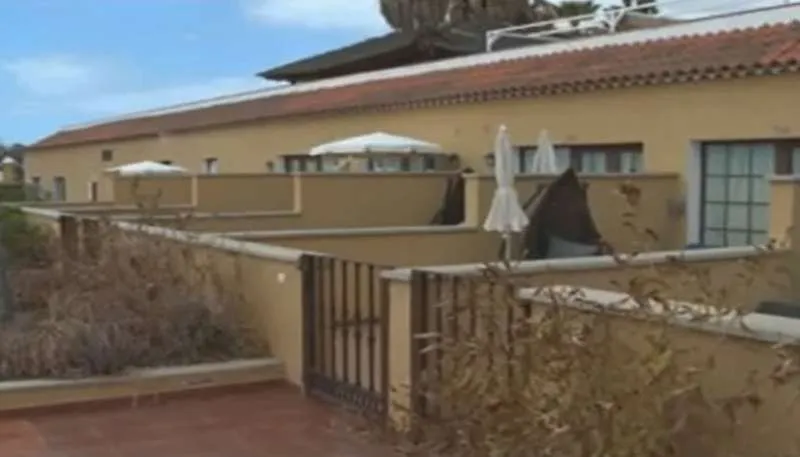
Carmen Margarita, the sole administrator of the company that owns the hotel, expressed her frustration in a radio interview. She explained that both the Local Police and the Guardia Civil had filed reports in support of the eviction. “We’ve submitted evidence, police documentation, and witness statements, yet it seems the prosecutor hasn’t even read them,” she said.
According to Margarita, the hotel is now effectively under the control of a loosely organised group that is profiting from subletting rooms and shared spaces to third parties. “This is not just squatting, it’s a criminal operation. People are making money from leasing out what is not theirs, and nothing is being done to stop them.”
She also criticised the prosecutor’s request to identify all the occupants before any action can be taken, calling it an impossible task. “People come and go all the time. Just the other day, a couple showed up in a Mercedes A-Class. This isn’t about vulnerable people in need of shelter, this is systematic exploitation.”
Inside the hotel, the damage is extensive. Photos show a ransacked reception area and deteriorating facilities. Meanwhile, the financial burden continues to mount. The owners remain legally responsible for utility bills, which have reportedly tripled since the occupation began.
Beyond the property itself, the situation is affecting the wider community. Residents report feeling unsafe in nearby parks and streets, and the hotel’s owners say the ongoing occupation has torpedoed a planned sale of the property. “We can’t even enter the building to show it to a potential buyer,” Margarita said. “It’s alarming. We are being harmed, but so is the community.”
The case has sparked broader criticism of Spain’s legal framework regarding squatting, which many argue fails to adequately protect property owners. “The law doesn’t just ignore us, it shields those who break it,” Margarita said. “At this point, I feel like they’re mocking us, me, and all the residents who live nearby.”
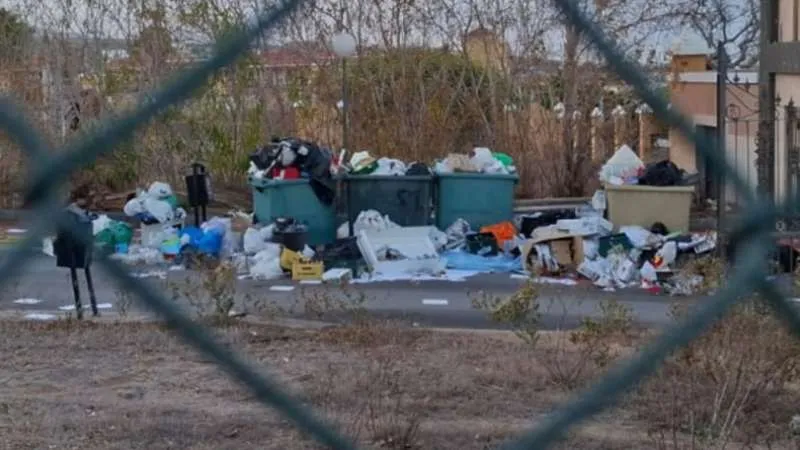
Here is a summary timeline of the Callao Sport Hotel occupation case:
17th February 2025
– Initial incident: Twelve people break into the Callao Sport Hotel.
– The hotel’s alarm system triggers a police response.
– Two are arrested; the remaining ten remain in the building.
– What begins as an alleged burglary quickly becomes an illegal occupation.
Late February to March 2025
– Occupation expands to all 92 rooms.
– Common areas such as the reception, gym, kitchens, and even spa massage rooms are also taken over.
– Local residents report disturbances, noise, and a sense of insecurity.
– The case garners media attention after a resident contacts COPE Canarias.
25 March 2025
– The case is featured on El Cascabel (Trece TV), described as one of Spain’s most baffling squatting incidents.
– It’s revealed that squatters are allegedly charging others to use hotel rooms and spaces.
April 2025
– The owners file multiple legal complaints, criminal and civil, demanding eviction.
– Various police forces support the owners with formal reports.
– Despite this, the public prosecutor advises against precautionary measures, citing lack of proportionality and previous legal precedent.
– Prosecutor requests full identification of all squatters, something the owners deem unfeasible due to constant movement in and out of the premises.
28 April 2025
– The owners publicly express their frustration on COPE Tenerife.
– They claim to face escalating costs (including tripled electricity bills) and total loss of control over the property.
– Efforts to sell the hotel are halted as the owners cannot legally enter the property.
The case continues.
Other articles that may interest you...
Trending
Most Read Articles
Featured Videos
TributoFest: Michael Buble promo 14.02.2026
- 30-01-2026
TEAs 2025 Highlights
- 17-11-2025


